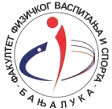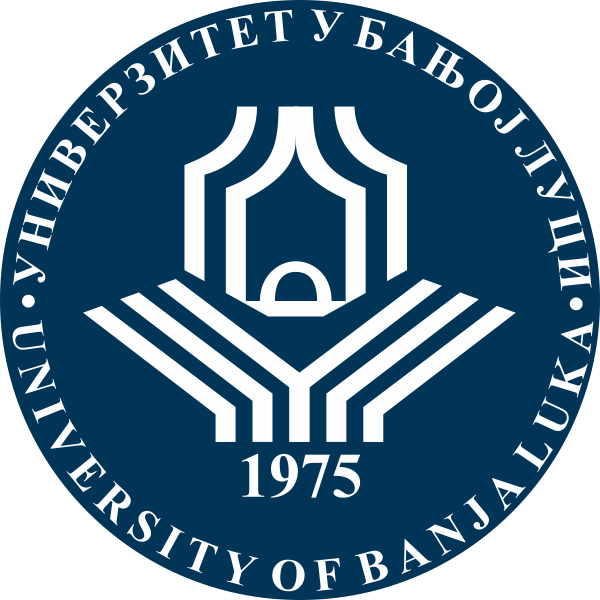SportLogia
Vol. 12, Issue 1, June 2016.
SECURITY REQUIREMENTS AT THE OLYMPIC GAMES
Violeta Šiljak1, Vladan Vukašinović2, Dejan Đurović1
1Faculty of Management in sport, Alfa BK University, Serbia
2Faculty of Sport and Physical Education University of Belgrade, Serbia
Original scientific paper
doi:10.5550/sgia.161201.en.SVD
UDC: 796.032.2
COBISS.BH-ID: 6764312
Summary
The subject of this paper is related to the security requirements at the Olympic Games. The Olympic Games are the biggest global sporting event that brings together athletes and spectators from over 200 countries worldwide. The phenomenological aspects of sports - social, political and economic factors are some of the reasons for their planetary popularity. Unfortunately, major events have always attracted the attention of terrorists, various organizations and individuals, who in them saw an opportunity to inhumanely turn the attention to themselves for the sake of objectives that are not associated with sports but rather with politics and other issues. For these reasons the safety requirements of the Olympic Games are very important, and they are among other things one of the primary tasks of the organization of each Olympic Games. The objective of this paper is to emphasize the need and importance of the utilization of security measures during the Olympic Games. In addition to the general safety of all participants and spectators, one should take into account the protection of athletes against injury. For the purpose of providing security for athletes, coaches, managers, delegations, referees, audience and special VIP guests, hosts of the Games take special measures with the help of international assistance. By analyzing commitment of the host cities’ Organizational Committees in the 21st century in the field of security, the results of the paper suggest the necessity of the implementation of security measures during the Olympic Games in order to prevent their misuse by negative elements.
Key words:security measures, terrorism, Olympic Games.
References
1. IOC Injury & Illness Surveillance Study: protecting the athletes’ health, retrived May 10, 2017, from http://www.olympic.org/news/ioc-injury-illness-surveillance-study-protecting-the-athletes-health/225531
2. Ksenofont. (1988). Helenska istorija [Hellenic History]. Novi Sad, RS: Matica srpska.
3. Marković, J., Draganović, M. & Radošević, I. (2014). Bezbednosni aspekti Olimpijskih igara kroz istoriju [The security aspect of the Olympic Games through history]. In I. Gajić (Ed.), Prva Međunarodna konferencija “Menadžemnt bezbednosti sportskih takmičenja” (pp.74-82). Belgrade, RS: Fakultet za sport, Univerzitet “Uniuon-Nikola Tesla.
4. Olympic Deaths. (n.d). Retrieved May 10, 2017, from http://en.wikipedia.org/wiki/Olympic_deaths/
5. Šiljak, V. (2013). Olimpizam [Olympism]. Belgrade, RS: FMS.
6. Škaro, D. (2012). Organizacija Olimpijskih igara [Management of the Olympic Games]. Zagreb, RH: Mate d.o.o.
Received: 28.05.2017.
Accepted: 26.06.2017.
Correspondence author:
Violeta Šiljak, PhD
Faculty of Management in sport
Alfa BK University
Palmira Toljatija 3
11070 Novi Beograd, Serbia
violeta.siljak@alfa.edu.rs




